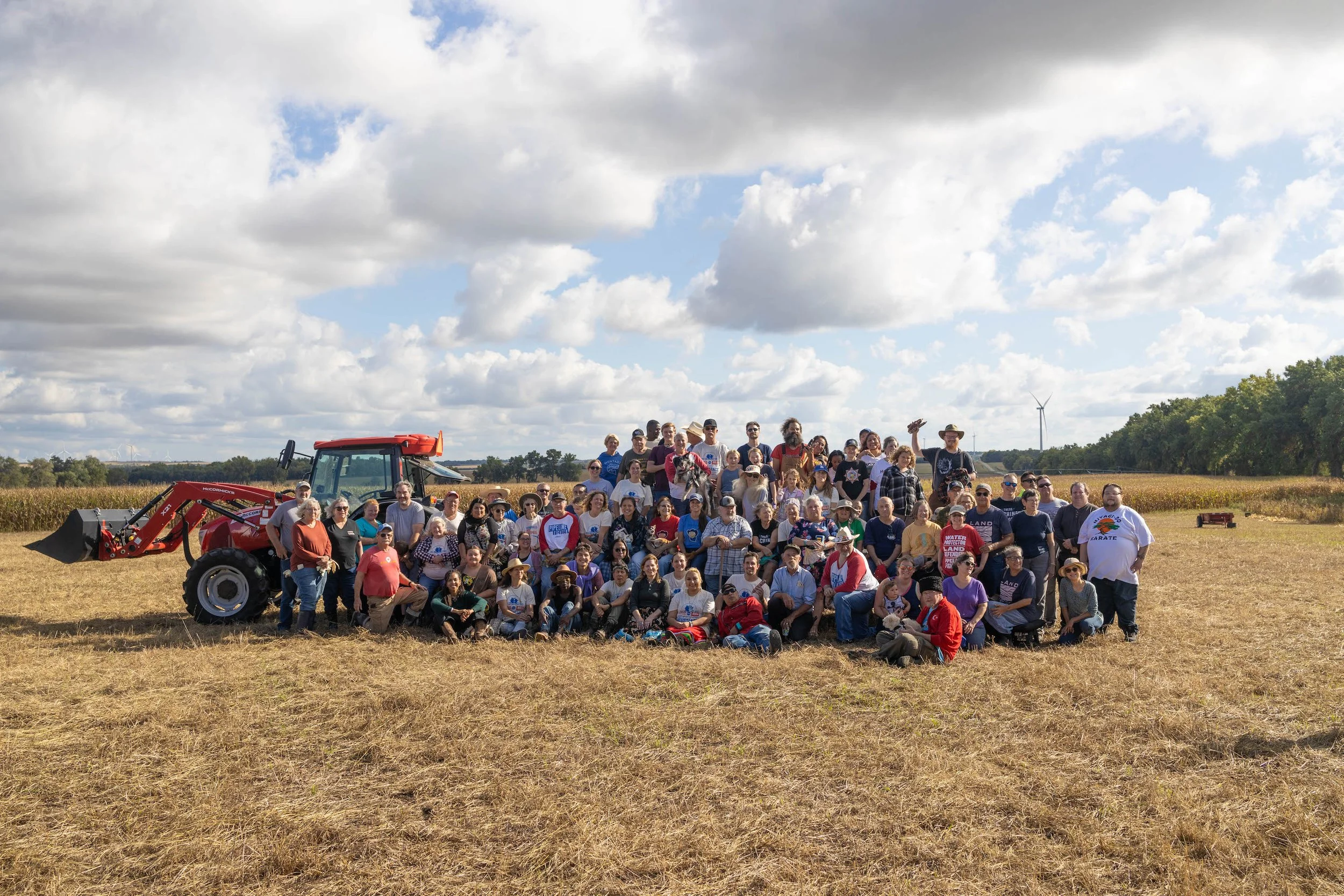Great Plains and Midwest
Ground Zero in the Fight Against Carbon Pipelines
Landowners in Nebraska were barely able to celebrate the victory of stopping Keystone XL when the Midwest region became an early battleground for the threat of carbon dioxide (CO2) pipelines. Farmers, ranchers, and Tribal communities are now fighting to protect their lands and our climate from a massive network of proposed CO2 pipelines as corporations use various tactics including eminent domain.
While corporations and governments alike promote carbon capture and storage (CCS) as a way to reduce greenhouse gas emissions while continuing to burn fossil fuels, the reality is that the vast majority of these projects have ended in failure. Indeed, CCS technology worsens the climate crisis as it provides a lifeline for the industry to continue expansion; increases oil production; and threatens land, water, and health for frontline communities as the pipelines can rupture, leak, and even cause suffocation.
While frontline communities along the proposed Summit and Navigator CO2 pipeline routes were already fighting to stop the projects, this year, the carbon pipeline industry received a major boost through public subsidies in the Inflation Reduction Act, making this a definitive moment in the future of CCS.
Equation Campaign’s grants support groups in Iowa, Illinois, Minnesota, Nebraska, North Dakota, and South Dakota who are opposing carbon pipelines that cut through the heart of their homelands; the national climate and environmental organizations working with them; and the lawyers defending the rights of activists and organizations who face legal harassment and retaliation from the industry.
Site Fight Spotlight: CO2 Pipelines
In 2023, Equation Campaign–supported campaigns achieved big wins. In October, Navigator CO2 Ventures canceled its proposed pipeline following sustained local resistance and permit denials. The proposed Summit pipeline, whose intended path intersected with Navigator’s, recently announced a delayed start date following similar regulatory and community hurdles.


